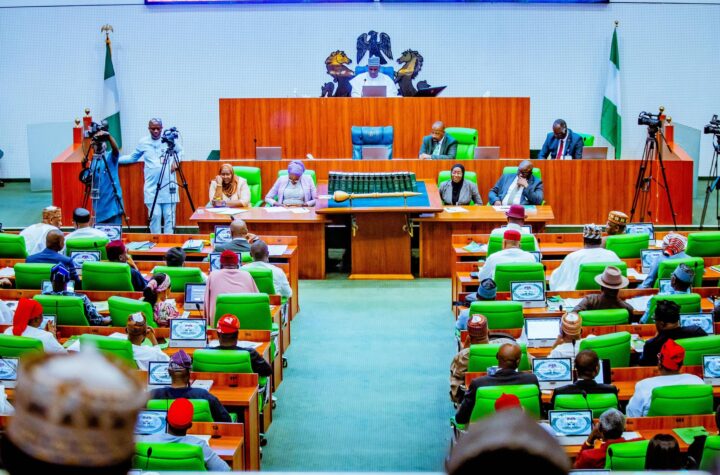By Mercy Aikoye
The Speaker of the House of Representatives, Hon. Tajudeen Abbas, has vowed to block all loopholes that enable corrupt practices in Nigeria. This commitment was made during the International Anti-Corruption Day, where Abbas emphasized the need to review existing anti-corruption laws and strengthen enforcement mechanisms.
According to Abbas, the 10th House of Representatives has prioritized the anti-corruption war in its legislative agenda. This reflects the House’s unwavering commitment to addressing corruption comprehensively. Abbas explained that the House is reviewing existing anti-corruption laws to strengthen enforcement mechanisms and close legal loopholes that enable corrupt practices.
One of the key areas of focus is the amendment of the Independent Corrupt Practices and Other Related Offences Commission (ICPC) Act. This amendment aims to enhance the ICPC’s capacity to effectively investigate and prosecute corruption cases. Abbas emphasized that the House is working tirelessly to ensure that the ICPC carries out its constitutional mandate effectively.
The Speaker also highlighted the importance of advancing the Whistleblower Protection Bill. This bill aims to encourage individuals to expose corrupt practices without fear of reprisal. Abbas informed that the House is doing everything legally possible to advance this bill and ensure that whistleblowers are protected.
The Chairman of the House of Representatives Committee on Anti-Corruption, Hon. Kayode Akiolu, also spoke at the occasion. Akiolu stated that his committee is committed to ensuring that the mandate to combat corruption in all its forms within the country is carried out. He emphasized the importance of fostering closer integration and synergy with other critical stakeholders.
Akiolu highlighted that the committee is committed to working with the youth, civil society, organized private sector, and international community to combat corruption. He emphasized that corruption is a collective problem that requires a collective solution.
The occasion also featured remarks from invited dignitaries and anti-corruption experts. They spoke on the challenges and issues involved in tackling corruption in Nigeria. The experts emphasized the need for a multi-faceted approach to combat corruption, including strengthening institutions, promoting transparency, and encouraging citizen participation.
Abbas’ commitment to blocking loopholes that enable corrupt practices is a significant step towards combating corruption in Nigeria. The amendment of the ICPC Act and the advancement of the Whistleblower Protection Bill are crucial steps towards strengthening the country’s anti-corruption framework.
As Nigeria continues to grapple with the challenges of corruption, it is essential that all stakeholders work together to promote transparency, accountability, and good governance. The House of Representatives’ commitment to combating corruption is a welcome development, and it is hoped that this will translate into tangible results in the fight against corruption.



